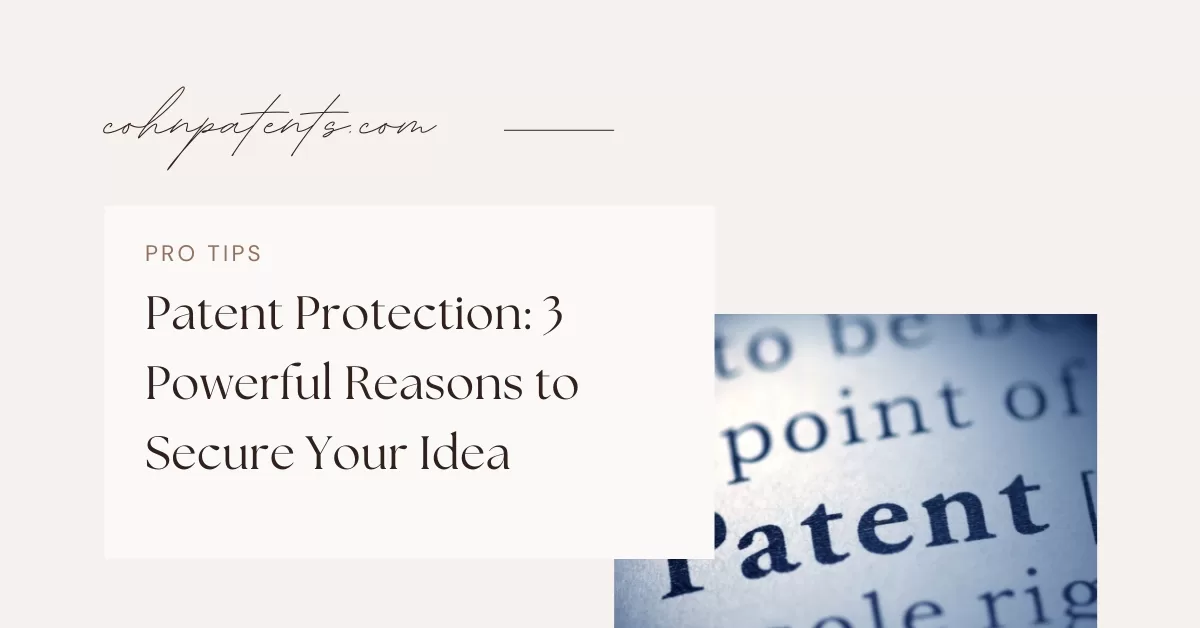Patents: Lasting Patent Protection
If you have a workable, provable, exclusive idea—an invention, in other words– the only real way to patent protect it is to patent your product and process. This holds true in spite of various ads you might see in the back of magazines or on the internet that claim otherwise. Most of these ads are from invention promotion companies and while their motives may be pure, the advice is faulty. Traditionally, two other methods to supposedly protect your invention are offered.
Here’s why they won’t work for long:
Confidentiality agreements. It’s true that you can have everyone who is involved in designing, testing or manufacturing your invention sign a confidentiality agreement. This legally binds them to hold all of your information secret—as long as your invention itself remains a secret. Once it becomes generally known or you attempt to sell and license it, the confidentiality part is usually over and signers to the agreement are no longer bound by secrecy. You can see how this can present problems.
Trade secrets. Similar to confidentially agreements, laws governing trade secrets only offer limited protection and are relegated to the time period where your invention is still considered a “secret”. If you do not have a patent and your invention is sold or distributed, you lose those protections and anyone can dissect your product and copy it.
Even if we were to assume for the moment that you were able to protect the secrets involved in your invention with the aforementioned methods, it’s unlikely that reputable companies would take on your invention, because without a patent, it will not remain exclusive.
Ultimately, if you have an invention that you believe in, it is both safer and more cost effective to consult a qualified patent attorney and procure a patent for your invention. Yes, the patent application process can be a little murky which is one of the reasons why patent attorneys are required to be involved in the process. Like all things in life, pay now or pay later.
Contact your Patent Attorney to learn more.


